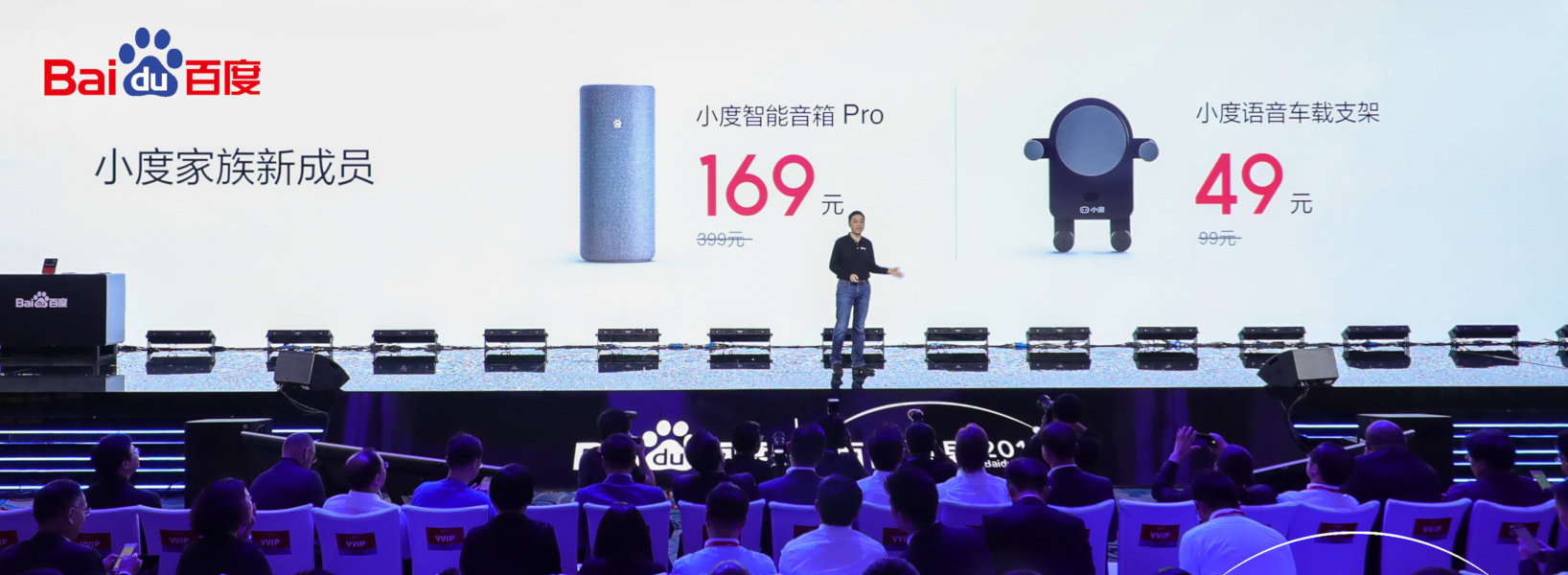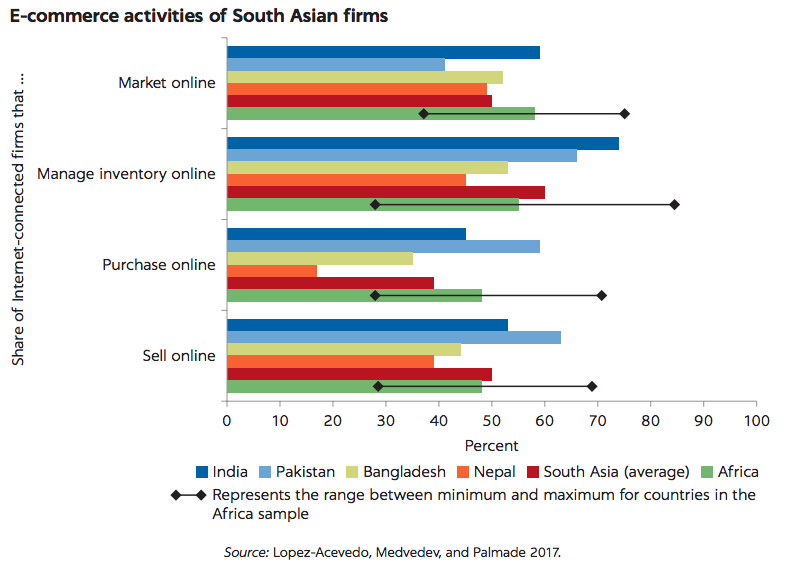China has its own tech titans such as "BAT" - Baidu, Alibaba and Tencent, recently, a growing number of tech startups in India and Southeast Asia are increasingly looking to emulate Chinese success stories rather than U.S. Silicon Valley companies.
Koh Tuck Lye, Singaporean chief executive of Shunwei Capital in Beijing, confidently told an audience this month at DealStreetAsia's Private Equity/Venture Capital Summit in Jakarta that "we are a strong believer that the China experience is much more relevant in India and Southeast Asia than the U.S. experience."
Koh co-founded Shunwei with billionaire Chinese entrepreneur LEI Jun in 2011, a year after LEI founded electronics maker Xiaomi, and so far Shunwei has invested in as many as 400 companies, mostly in China from Xiaomi to podcast platform operator Lizhi, which just went public this month on the Nasdaq.
Koh revealed Shunwei is not only talking the talk but is also walking the walk when it comes to investing in Chinese online business models. It started investing in India and Southeast Asia in 2015, and ever since its outside-China portfolio has kept expanding.
One of them, Gojek, Indonesia's only "decacorn," or a private startup valued at more than $10 billion, has declared its business model a "super app." Its app provides multiple services including motorbike ride-hailing, errand dispatches for shopping and food delivery, online payment and other financial services. The concept of a "super app" was pioneered by Tencent's WeChat messenger app in China.
In these services, an individual user spreads information, photos and reviews about a product to his/her contacts on WeChat or Weibo. If one of those contacts decides to buy the product, commission will be paid to the first individual who posted the info.
Meesho, based in Bengaluru, is India's leading social commerce platform adopting a similar sales commission model while SimSim, in New Delhi, is a leader in product-related video information sharing, which also has an economic incentive scheme.
In Indonesia, Shunwei has invested in Evermos, social commerce platform specializing in halal products, local-language chat app ShareChat and local-language questions and answers platform Vokal, also betting on a trend that sees regional social platforms beating out Facebook and its chat app, WhatsApp.
WhatsApp is currently by far the No. 1 social platform in India and the country is the biggest user region for WhatsApp. But mostly it is used in the English language mode. India's rapidly increasing mobile internet users are non-English speakers, which those startups have focused on from the beginning. Koh thinks they have a good chance of outgrowing U.S. social players in India.
"In 2010, everybody thought the Chinese mobile internet would grow big but nobody thought it would grow as big as it actually has today," Koh said. "We see similar opportunities in India and Southeast Asia."





 RSS Feed
RSS Feed